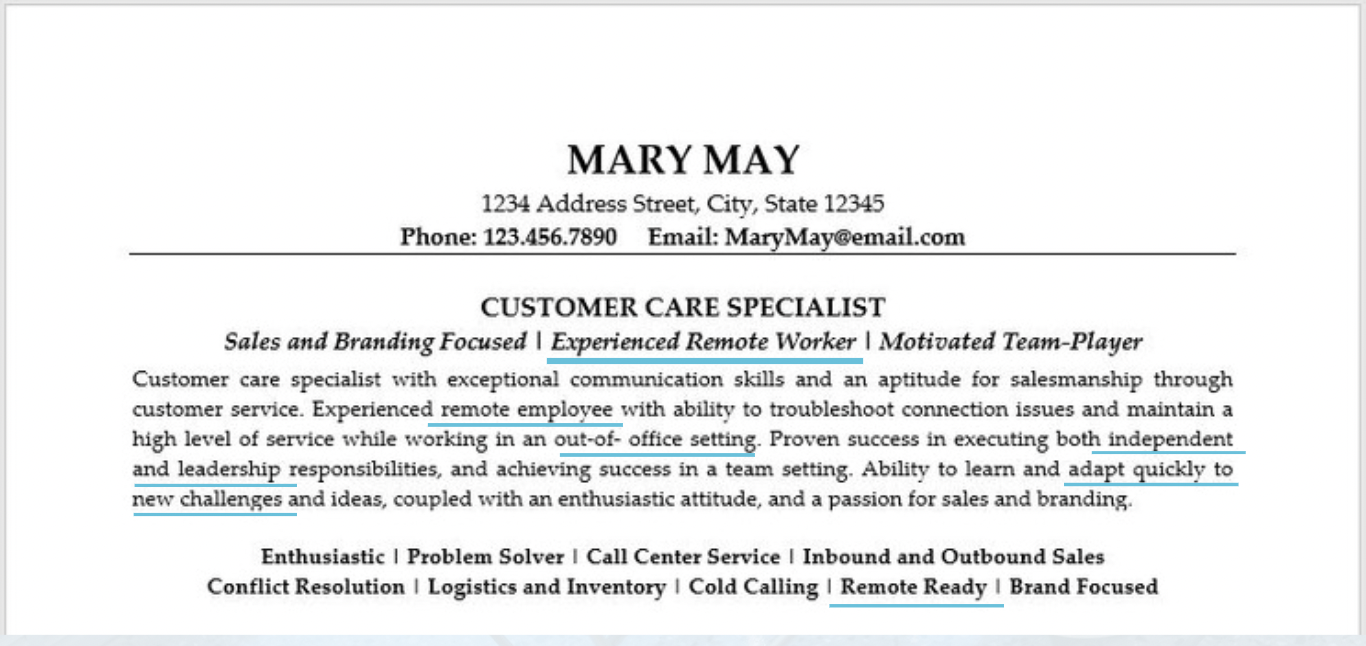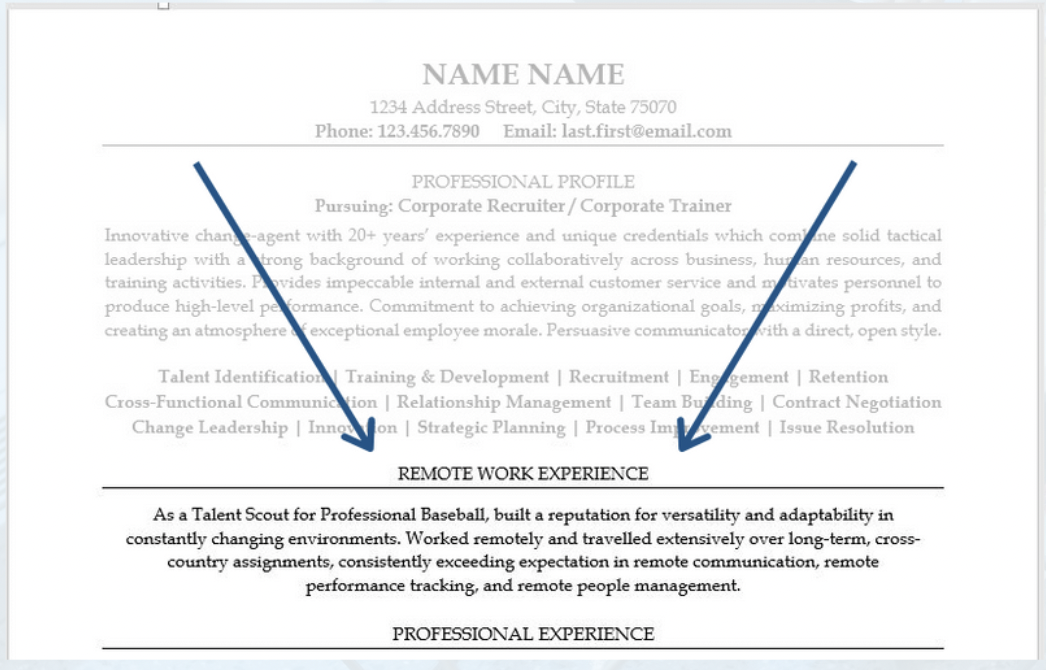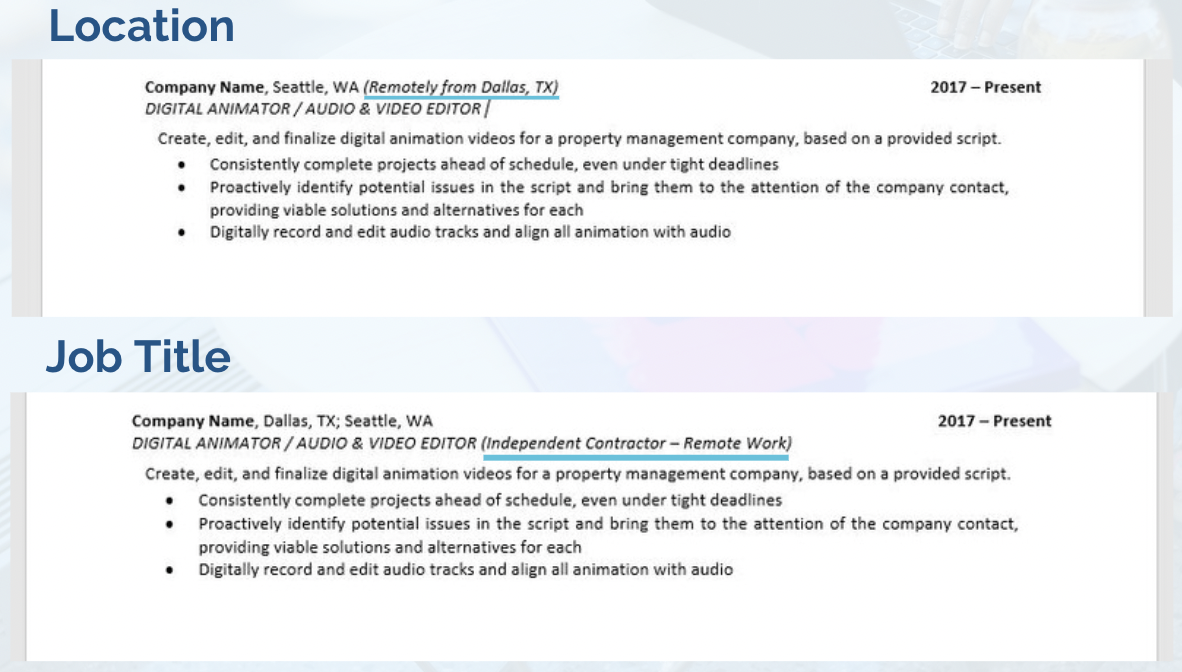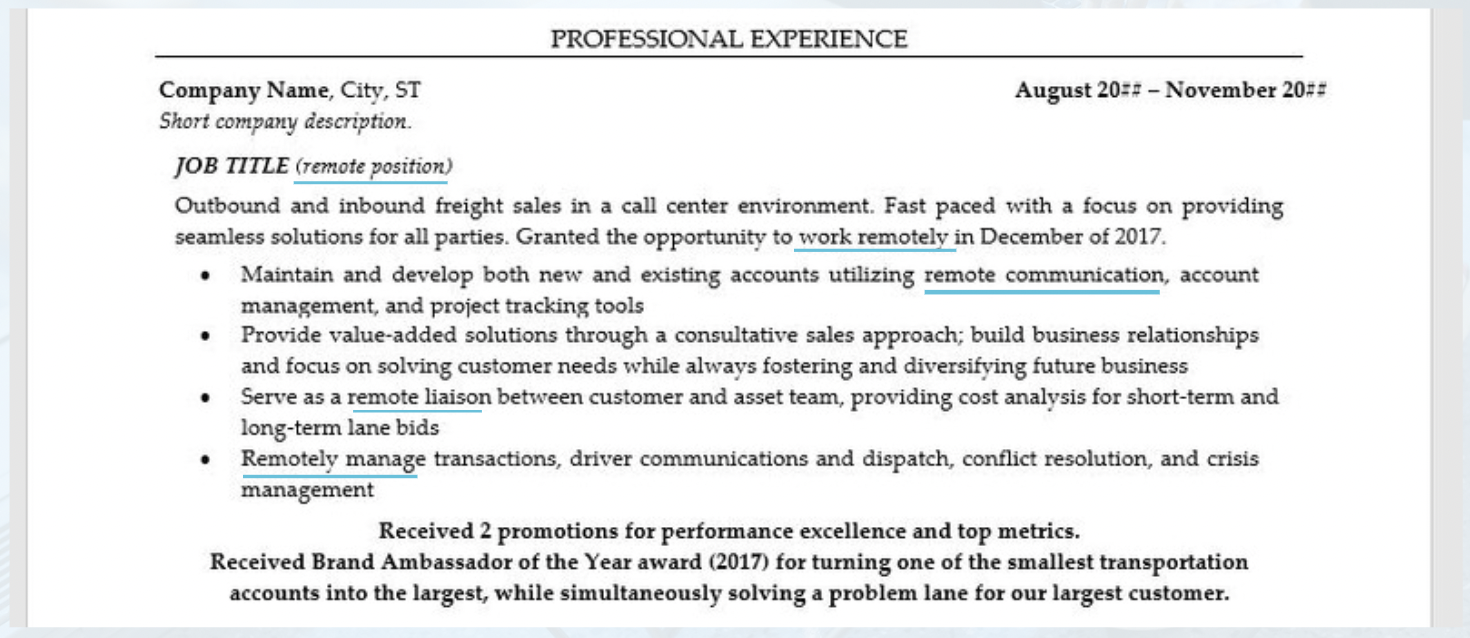It’s no secret that remote work has been suddenly thrust to the forefront since COVID-19 hit in early 2020, and it looks like it’s going to have lasting effects.
Statistics gathered by Apollo Technical from a survey by Owl Labs show that workers want remote work options to stick around for the future.
- After COVID-19 92% of people surveyed expect to work from home at least 1 day per week and 80% expected to work at least 3 days from home per week.
- 23% of those surveyed would take a 10% pay cut to work from home permanently.
- 59% of respondents said they would be more likely to choose an employer who offered remote work compared to those who didn’t.
And that’s probably because workers are finding a lot of benefits from working remotely, including:
- Remote employees save an average of 40 minutes daily from commuting.
- People are saving on average close to 500 dollars per month being at home during COVID-19. Resulting in savings close to $6000 per year.
- Workers who were working at home reported being happy 22% more than workers who always work in an onsite office environment.
(Learn more about the 4 types of remote workers here.)
If you’re thinking of making the shift to remote work, this blog will help.
Wanna make sure your job search is on point and get expert job search advice slow-dripped into your inbox weekly?
Join the Career Courage Club.
Finding Remote Work
First, let me just say that job boards aren’t always the best place to find roles, remote or otherwise. It’s always best to incorporate strong networking into your job search strategy using LinkedIn and other networking platforms.
To learn more about those tactics and strategies, click the two links above. Seriously – they’re important.
For the purposes of this blog, we’re going to move on to some of the top remote work job boards.
It’s important to note that you can usually filter for remote roles or add the word ‘remote’ to your search on the most popular job boards, including LinkedIn, Indeed, ZipRecruiter, SimplyHired, Monster, etc.
To help you conduct an even more targeted search, I’ve listed below 8 of the best remote-specific job boards. (Thanks to CareerSidekick for putting together an even more comprehensive list that I pulled most of these from.)
This job board is great because it offers a variety of high-paying remote jobs with a focus on long-term, full-time positions, which can be difficult to find when searching for remote jobs online.
Jobs include everything from remote individual contributor roles up to VP/Executive positions, and there’s a high level of transparency on this board, so you can see things like approximate starting pay.
This site allows you to use filters to immediately narrow down for time zone and career area (marketing, design, business development, technical support, etc.).
A lot of other remote work job boards are focused on tech jobs, so it’s nice that this site has plenty for creatives, administrative workers, and more.
3. FlexJobs.com
FlexJobs is nice because it offers something a lot of free sites don’t: vetted job postings. This means you get access to legitimate, high-quality remote job listings.
The catch is that you have to pay to use it.
The other free sites on the list may require you to weed out the occasional fake or low-quality job posting, so FlexJobs is a good choice if you don’t want to deal with that hassle.
Created for RVers and employers who fuel the RV lifestyle, this job board is new, quickly growing, and focused on fully-remote roles that can be done from anywhere.
This site offers full-time and part-time remote jobs, as well as freelance remote jobs. You can filter your search based on different compensation packages (salary, hourly, etc.) and other advanced search features to quickly find jobs that fit what you’re looking for.
This is one of the biggest and best remote job websites, with a huge variety of job types. You can filter by “Telecommute Level”, so you can choose fully remote or something with some on-site components.
This is another large, long-running remote job board. While it does cater largely to programming jobs, there are many other categories to choose from.
The jobs posted here are primarily full-time remote. There is a great filtering system that makes using this platform easy and efficient.
Below I’ve listed 25 terms for working remotely than can help you (1) search for the right types of roles for you, and (2) describe any remote or remote-related work you’ve done so far in your career. (Detailed more in the next section)
25 Terms for Working Remotely
- Remote work
- Remote job
- Virtual work
- Virtual job
- At-home job
- Work-at-home
- Work-from-home
- Home-based office
- Telecommute
- Telework
- Agnostic location
- Distributed workforce
- Geographically neutral
- Online jobs
- Results-Only Work Environment (ROWE)
- Distance work
- Off-site work
- Open location
- Home-shored
- Agile
- Digital nomad
- Mobile professional
- Road warrior
- Location independent
- Digital workplace
Showcasing Remote Work Skills
Remote work skills differ from traditional skills in a few key ways. But a lot of experience and skills developed through traditional roles can be translated to demonstrate value in a remote work setting.
It’s important to rethink your job descriptions and translate them into language that better suits remote work roles.
Ask yourself things like:
- When did I use these skills in my previous jobs?
- What tasks could be creatively described using these keywords?
Remote a work-from-home are still new(ish) in the workforce, and a lot of candidates aren’t leveraging the skills they have.
This means that if you *can* demonstrate your value as it relates directly to remote work, you’ll be able to elevate yourself above your competition.
Do research on online job boards to understand how remote work skills can be incorporated into your job descriptions.
Think about times when you worked with or managed teams remotely – even if it wasn’t technically in a ‘remote work’ role.
- If you managed teams or individuals in other offices or worksites – that’s working remotely.
- If you reported to leadership that was often offsite – that’s working remotely.
- If you transitioned to Zoom meetings during COVID – that’s working remotely.
It’s also important to take inventory to identify potential skills gaps that you may need to address through additional experience or training. Be honest in this exercise so you can proactively prepare for the transition into remote work.
Below are some important Remote Work Skills & Keywords you can use to communicate your value for remote work roles:
- Adaptability
- Cross-locational
- Experienced remote worker
- Out-of-office setting
- Remote communication
- Remote employee
- Remote leadership
- Remote liaison
- Remote people management
- Remote performance tracking
- Remote ready
- Remotely manage
- Versatility
- Work remotely
To help you better understand how to communicate these skills, below I’ve included some examples.
Examples of Communicating Your Remote Experience & Skills
Profile Section

Remote Work Section

Location or Job Title

Job Description

Remote Work Technology
Familiarizing yourself with WFH tools and technology
Many of the most popular software options out there offer free trials, so get in there and look around, understand what they do, how they work, and what benefits they provide.
Some of the most popular are listed below:
Calendar
- Google Calendar- cloud-based, vast integration with other apps
- Any.do- schedules, tasks, goals, reminders (works well on mobile)
- Monday.com- team scheduling software with visual tracking
- Square Appointments- online booking and scheduling
- Calendly- booking and scheduling software
- 24me- manages all calendars, connects to social media, syncs with other calendars
File sharing platforms
- Google Drive- free file storage and synchronization tool
- HelloSign- create, share and store documents and signatures
- DropBox- file storage and sharing, best for speed and security
- OneDrive- file storage and sharing, integrates well with Microsoft
Video conferencing & enterprise communication
- Slack- chat app, real-time communication with colleagues
- Workplace (by facebook)- messaging, voice/video calling, like a FB group for work
- Google Hangouts- video meeting, 3+ people communicating together at the same time
- Flowdock – real-time team chat
- Zoom- cloud-based video, audio and chat conferencing tool
- Skype- voice/video chat, can share screen
- Join.me- team/private video, can share screen
Task/Project Management
- Project Tracking
- Asana- manage, track and assign tasks, monitor progress
- Basecamp- task mgmt., messaging and collaboration, file sharing, scheduling
- Hubstaff Tasks- assign tasks, create checklists, create smooth workflow
- Todoist- tracks projects in lists/sub-lists
- Team management
- Trello- individual task organization and internal project mgmt
- 1Password- all passwords in one place for whole team
- IDoneThis- keeps teams in-sync
- Time tracking
- Hubstaff- time tracking and work management app
- Time Doctor- time management tool
- Harvest- time and expense tracking
Video Interviewing (1-way and 2-way)
- VidCruiter- suite of tools for pre-recorded video, live video, and scheduling
- Spark Hire- 1-way and live video
- Interviewstream- live video interviewing
- eSkill- voice and video interviewing, skills and behavior tests
- EasyHire- cloud-based, on-demand and live video, skill assessments, interview analytics, collaboration
- Breezy HR- schedule and record video interviews
Phone & Video Interviews
First, a few quick tips for phone and video interviews.
Get the Details – Don’t be afraid to ask the recruiter, interviewer, or whoever is the point of contact the specifics of the platform, what you’ll need for the interview, and who you’ll be interviewing with.
Have your resume ready – The interviewer will undoubtedly ask questions about your career history, so having your resume in front of you can help keep you on track.
Prepare a cheat sheet – This should include highlights of the research you did about the company and the job, as well as any of your own career highlights and any questions you have.
There are 2 different types of video interviews: one-way and two-way.
Two-Way interviews are where you interact directly with a recruiter or hiring manager in real time through web conferencing software like Skype, Facetime, Google Hangouts, etc. This will usually come into play for 2nd or 3rd round interviews, after you’ve passed initial screening.
One-Way interviews are usually used earlier in the interview process. For these, you record yourself answering pre-scripted questions, there are often specific instructions and/or time constraints.
Many of the logistics for video interviews are similar to in-person interviews, but there are some differences. I’ve listed several categories below.
Wardrobe
This makes up a large part of your first impression. You should based your wardrobe decisions on the type of job, career level, and company. Be aware of your background and be sure to coordinate what you’re wearing based on your background.
Location & Background
Whenever possible, conduct your interview in a private space where you can control all (or at least most of) the environmental factors. Ditch any distractions in your background – this means removing anything that adds clutter or any items that could be considered controversial.
Lighting
Good lighting is critical. If possible, face a window for natural light. If there are items behind you or you’re sitting in front of a wall, try to sit a few feet in front of those things to eliminate shadow. If that’s not possible, good backlighting can help eliminate shadows behind you.
Audio & Camera
Be sure to download and practice with all of your tech beforehand. Check your camera positioning and angle. Por tip: positioning the camera slightly above your eye level is a often a attractive angle for the subject (you).
Additional Tips
- Try to stay still, but comfortable – it’s okay to use hands a little (but not too much!)
- Look at the eye of the camera, not at the screen
- A sticker or sticky-note can help you remember where to look
- Sticky notes around screen to help you remember questions you want to ask or other important information
Want more guidance in your job search?
Job searching is tough stuff! Whether you’re completely stuck or just need some strategic guidance, I’ve got you covered.
- Get a powerful free 5-step Action Plan to Write an Interview-Getting Resume now and receive expert career insights straight to your inbox.
- Check out my Job Search Launch Kit. (I just lowered the price on this as part of a full-scale restructuring of my pricing and services. 👍)
- If you’re ready to take serious action on your career and you’re looking for a resume and job search pro, Apply Now for a strategy call with me!
